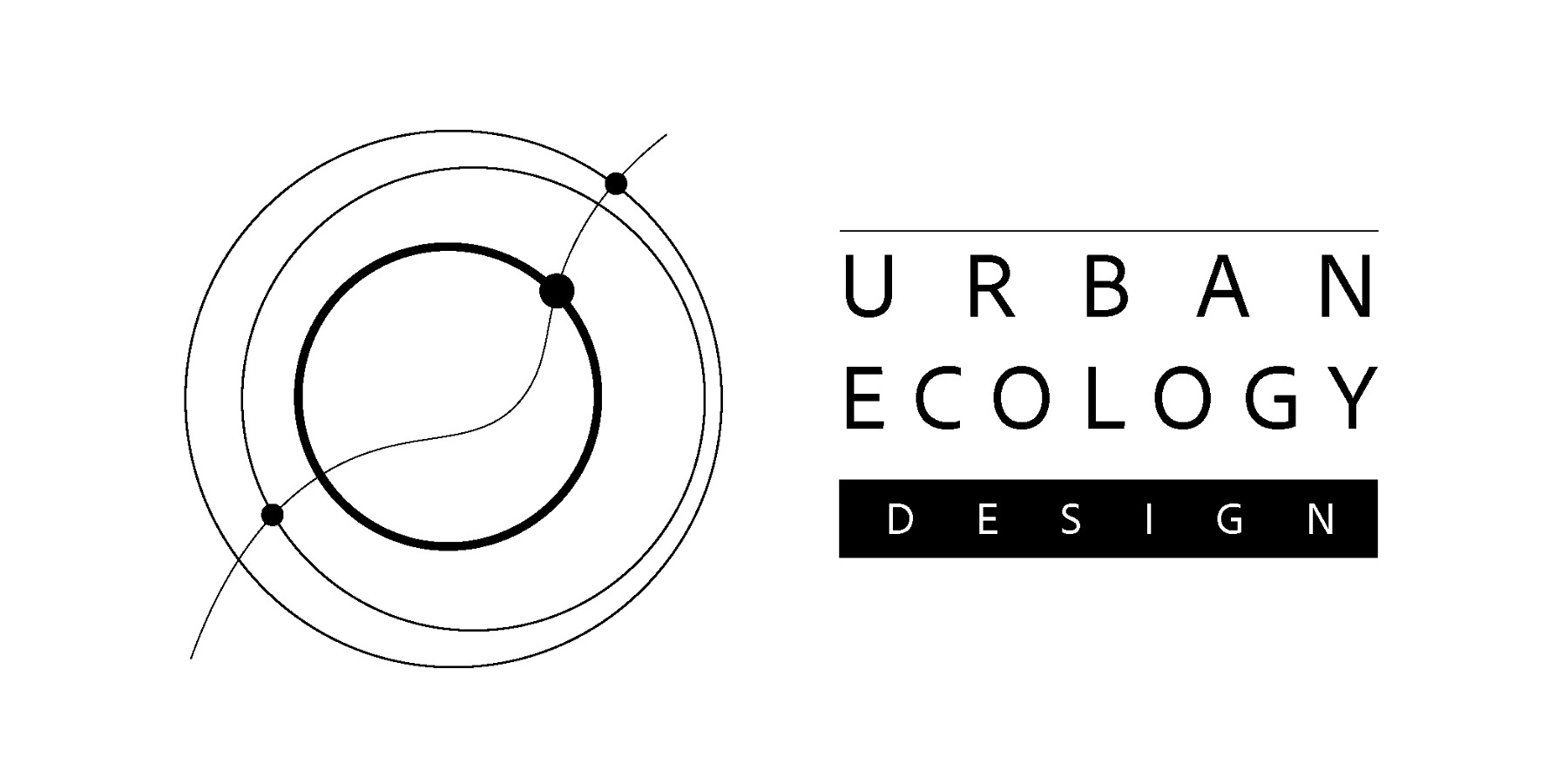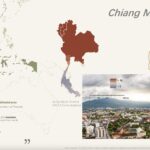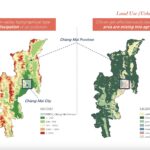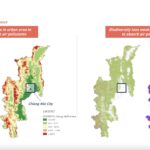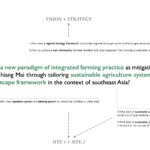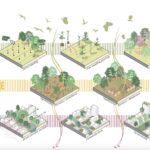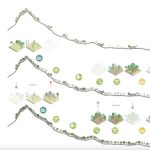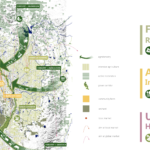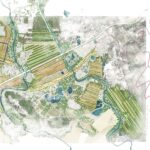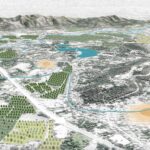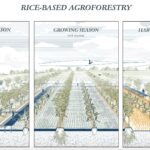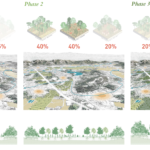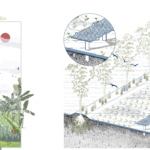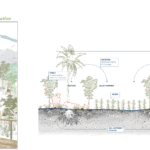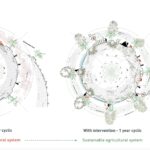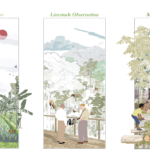Refresh
Cultivating a new paradigm of integrated farming as mitigation of air pollution in Chiang Mai, Thailand
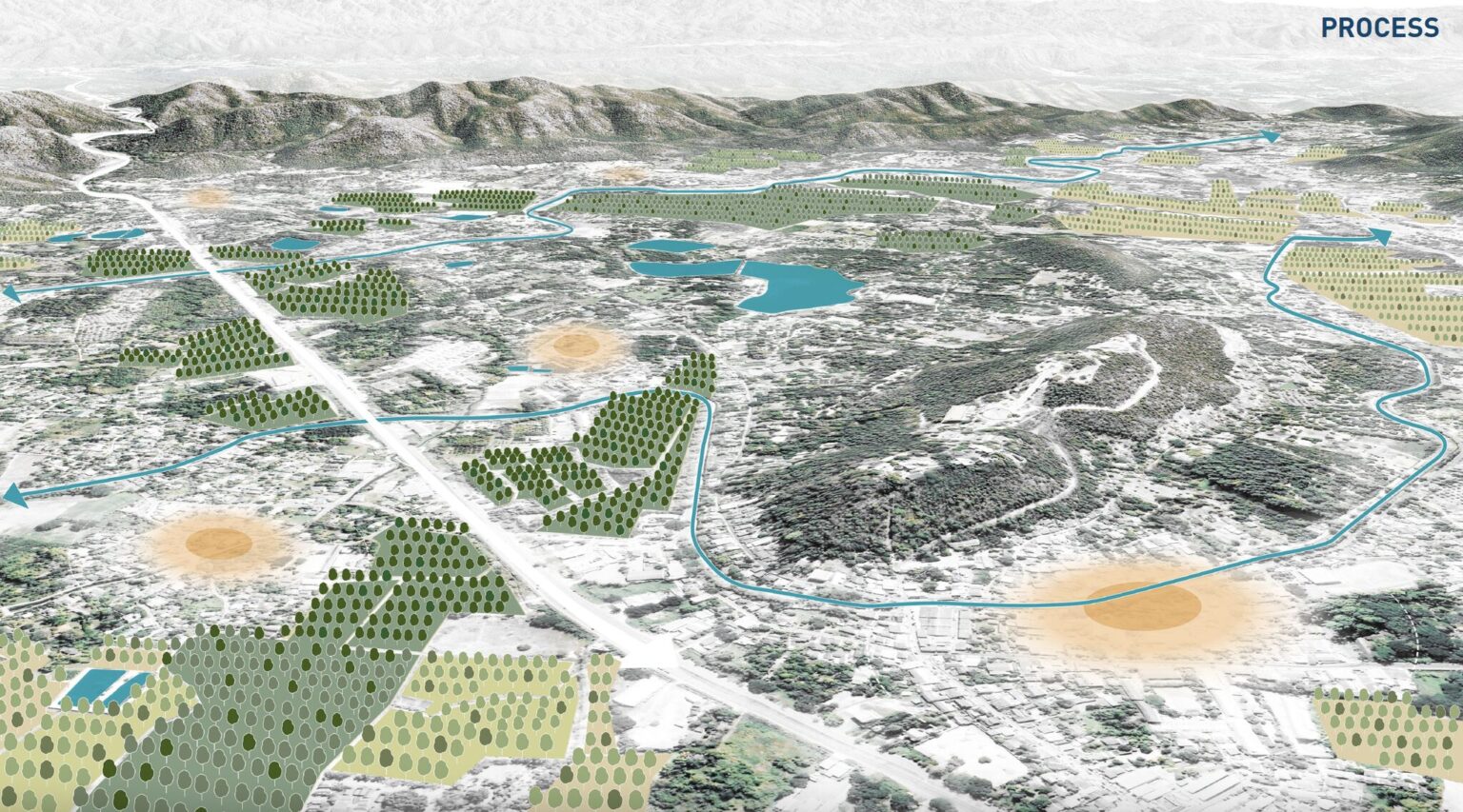
From February to April, Chiang Mai faces severe haze from human-induced burning and forest fires. This “Burning Season” causes major health problems due to harmful pollutants and ecological damage like habitat loss and soil degradation. Addressing this crisis requires reducing open burning, improving forest management, and raising public awareness to protect health and the environment.
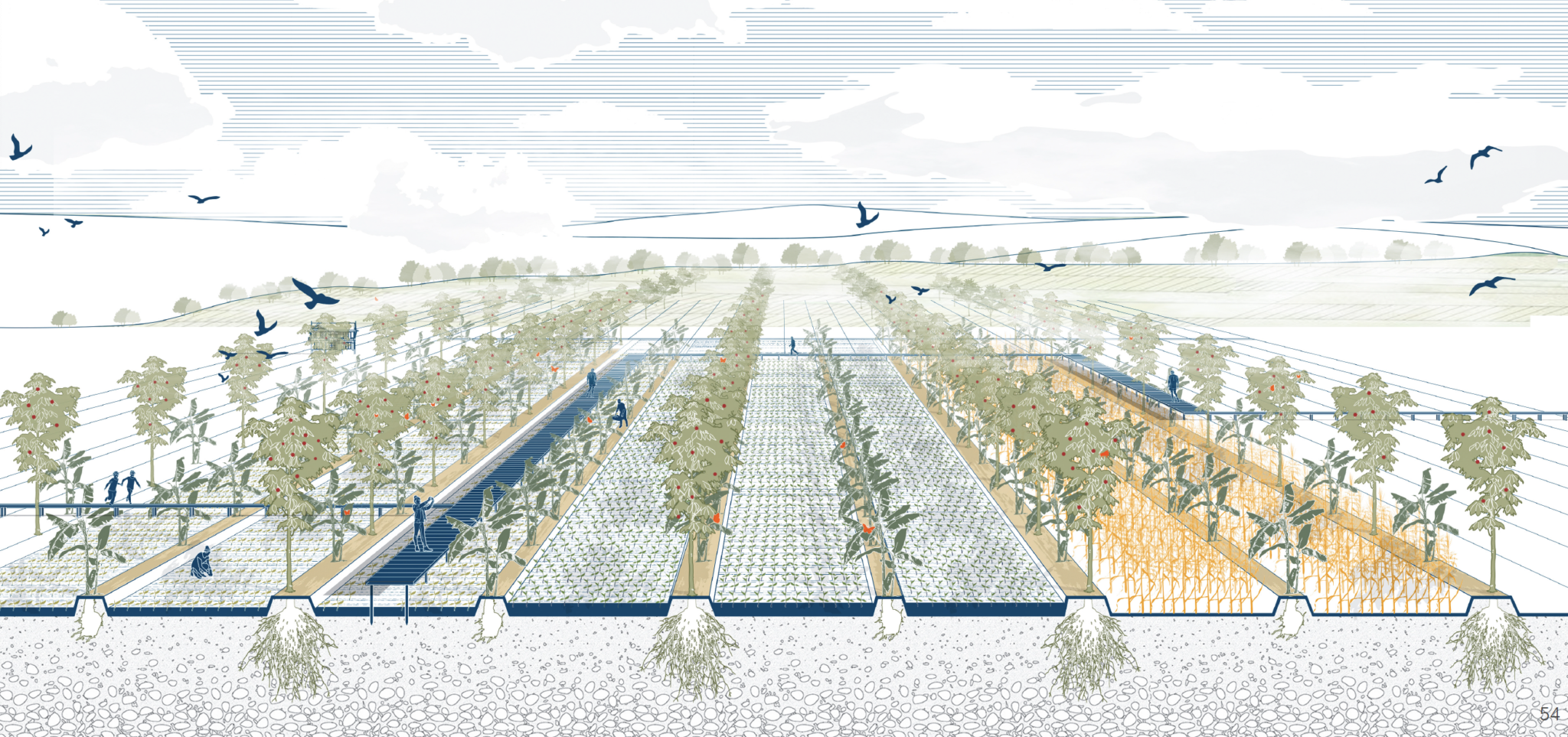
Author
Lei Qi
Location
Chiang Mai, Thailand
Mentors
Dr.ir. Nico Tillie
Remon Rooij
Project links
Refresh: Cultivating a new paradigm of integrated farming as mitigation of air pollution in Chiang Mai, Thailand
Air pollution poses a significant threat to human health globally, with Southeast Asia being one of the most affected regions. Chiang Mai, as the largest cultivated area in northern Thailand, faces severe haze pollution due to traditional farming practices, especially during the burning season. As urban areas encroach upon agricultural land and farmers increasingly turn to forests for land and resources, the pollution situation is intensifying in the negative way.
The thesis proposes a comprehensive strategic spatial framework which applied a multi-layered approach, including policy, social, and natural layers, to control pollution sources in agriculture and forest area and to eliminate air pollution that has already been generated in urban area. Envision a harmonious landscape where regenerative forests, integrated agriculture, and a haze-free environment synergistically contribute to refreshing the city. The thesis outlines pilot projects selected from rural and urban areas, which will be implemented and further elaborated with strategies and involve with site-specific intervention, aiming at achieving the goal of mitigating air pollution. These pilot projects will serve as models for surrounding areas facing similar challenges.
The ultimate aim is to transform agricultural areas into sustainable systems through the implementation of agroforestry practices, foster self-sufficiency within communities through urban farming initiatives, and promote a self-circulating urban environment through urban greening efforts. With synthesis of all systems, the existing fragmentation with be filled with green infrastructure throughout the entire area. By adopting this comprehensive strategic framework, Chiang Mai can address air pollution issues, promote sustainable land use practices, and create resilient landscapes that improve the well-being and quality of life for its residents.
